Category: health – Page 408
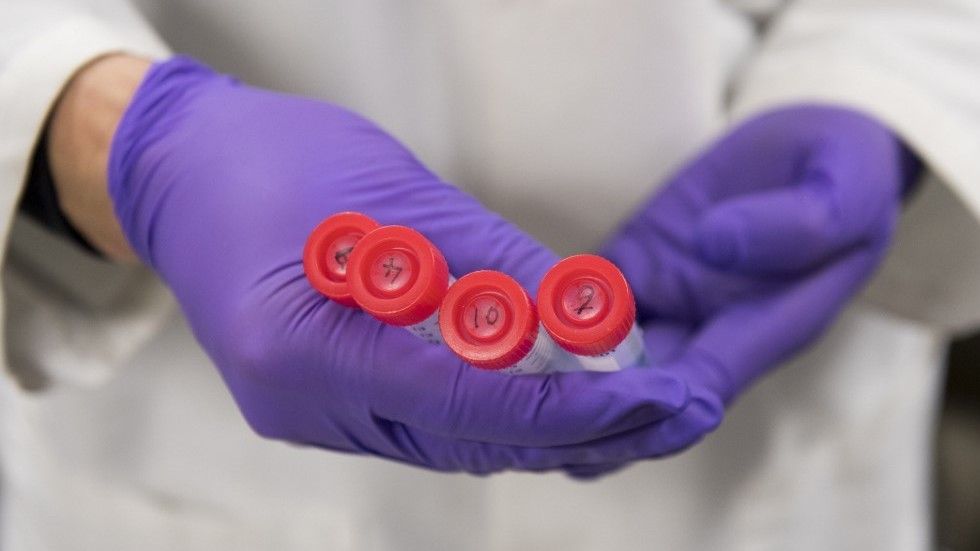
Cancer patients welcome breakthrough ‘living drug’ that reprograms immune systems to fight disease
In a groundbreaking treatment, cancer patients’ immune systems are being genetically reprogrammed to fight their terminal cancer for them, with promising results.
In the UK, a number of National Health Service (NHS) patients with lymphoma at King’s College Hospital have been given CAR-T, a “living drug” that is unique to each patient as it contains some of their own cells.

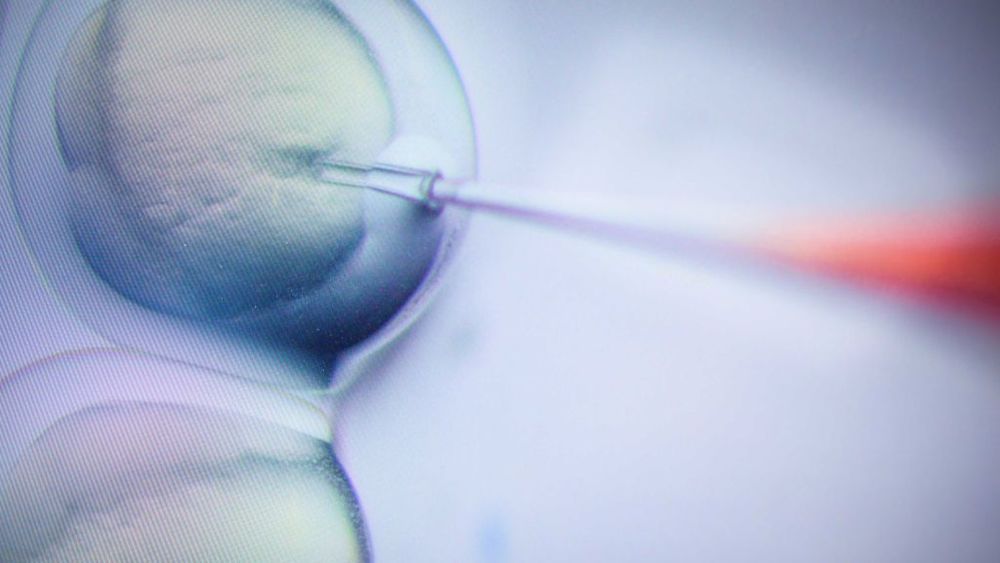
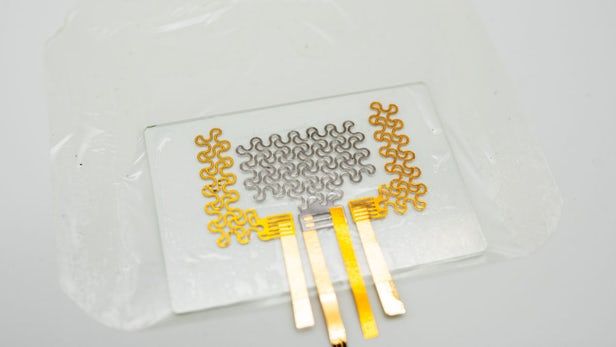
Ultra-thin “e-tattoo” uses two sensors for better monitoring of the heart
We’ve already heard about flexible so-called “electronic tattoos,” which are a more comfortable and longer-wearing alternative to the rigid electrodes traditionally used to monitor cardiac patients’ hearts. A new one is claimed to be more accurate than others, however, as it tracks heart health in two ways.
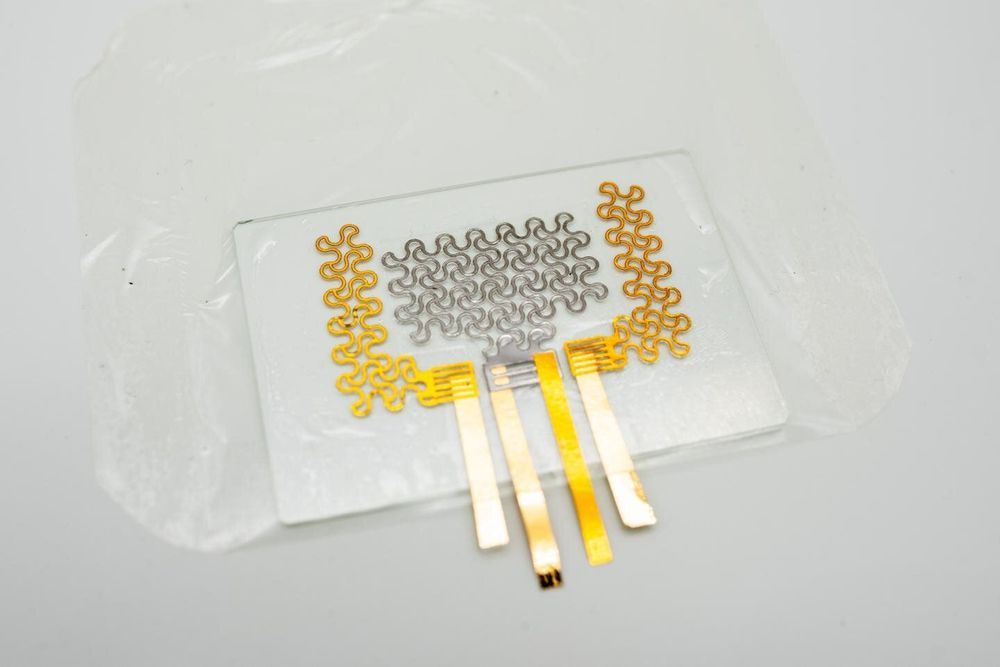
New e-tattoo enables accurate, uninterrupted heart monitoring for days
The future of medicine is not fixing what is broken, it’s preventing things from getting broken in the first place.
The leading cause of death in Texas is heart disease, according to the National Center for Health Statistics, accounting for more than 45,000 deaths statewide in 2017. A new wearable technology made from stretchy, lightweight material could make heart health monitoring easier and more accurate than existing electrocardiograph machines—a technology that has changed little in almost a century.
Developed by engineers at The University of Texas at Austin and led by Nanshu Lu in the Cockrell School of Engineering, this is the latest incarnation of Lu’s electronic tattoo technology, a graphene-based wearable device that can be placed on the skin to measure a variety of body responses, from electrical to biomechanical signals.
The research team reported on their newest e-tattoo in a recent issue of Advanced Science.


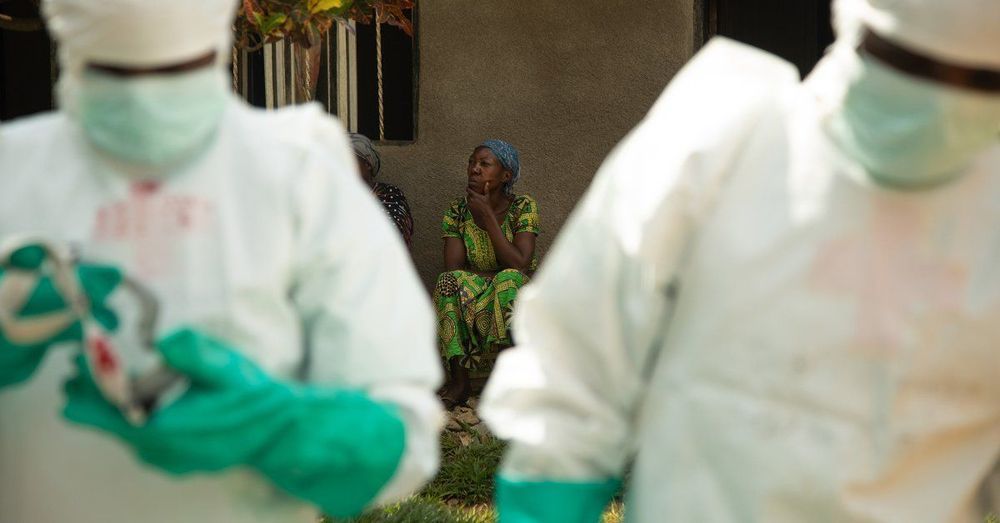
Inside Life on the Frontlines of the Ebola Crisis in Congo
On the frontlines of the Ebola response are local Congolese workers with temporary job contracts. They are often driven into this work by economic necessity, as well as a desire to help.
Belinda Landu, a tall 28-year-old with long hair who radiates confidence, was making a meager living as a tailor in capital city Kinshasa before the outbreak. While visiting her mother in Beni last August, she spotted an advertisement for a health promoter. Today, she’s passionate about her role: decontaminating the houses of confirmed Ebola patients. “I want to stop the spread of the epidemic,” she said. “My family understand I work here to help people. If we get Ebola people will help us too.”
When she arrives at the scene of a recent diagnosis, Landu changes into a full protective outfit, including a full plastic bodysuit, mask, hairnet, gumboots, and both latex and rubber gloves, and begins the slow process of covering everything — inside and outside a house — with a chlorinated spray. Locals gather around to stare at her. They’re often terrified, she says, though she tries to be kind — speaking to them before she starts, and even stopping to play soccer with children after she changes out of her outfit.

Survival to Age 90 in Men: The Tromsø Study 1974–2018
https://doi.org/10.3390/ijerph16112028 The aim of this study was to identify risk factors, individually and in combination, and their impact on reaching up to 90 years of age. The 738 oldest men who participated in the first survey of the population-based Tromsø Study (Tromsø 1) in Norway in 1974 have now had the chance to reach the age of 90 years. The men were also invited to subsequent surveys (Tromsø 2–7, 1979–2016) and have been followed up for all-cause deaths. This study sought to investigate what could be learned from how these men have fared. The men were born in 1925–1928 and similar health-related data from questionnaires, physical examination, and blood samples are available for all surveys. Survival curves over various variable strata were applied to evaluate the impact of individual risk factors and combinations of risk factors on all-cause deaths. At the end of 2018, 118 (16.0%) of the men had reached 90 years of age. Smoking in 1974 was the strongest single risk factor associated with survival, with observed percentages of men reaching 90 years being 26.3, 25.7, and 10.8 for never, former, and current smokers, respectively. Significant effects on survival were also found for physical inactivity, low income, being unmarried, high blood pressure, and high cholesterol. For men with 0–4 of these risk factors, the percentages reaching 90 years were 33.3, 24.9, 12.4, 14.4, and 1.5, respectively. Quitting smoking and increasing physical activity before 55 years of age improved survival significantly. Men should refrain from smoking and increase their physical activity, especially those with low income, those who are unmarried, and those with high blood pressure and high cholesterol. A limitation is that data on women not were collected; Quitting smoking and increasing physical activity before 55 years of age improved survival significantly.